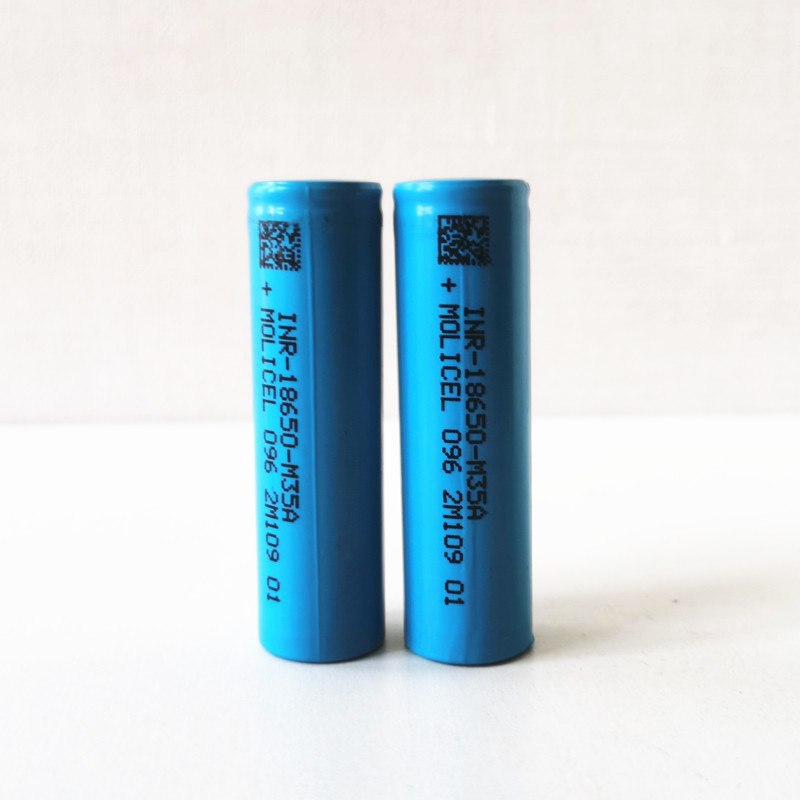1. What’s the ‘useable’ capacity?
Capacity is the amount of energy in kWh (units) that a battery can store. Batteries should never be drained completely. However, some are misleadingly sold quoting ‘total’ capacity. Check what’s being stated. ‘Useable capacity’ is the figure you need to know. Though Tesla Powerwall is 14kWh, it’s sold as 13.5kWh, it’s useable capacity. It will never fully discharge to prevent damage to the battery cells.
2. What are ‘cycles’?
A cycle is one complete discharge and one complete charge. In reality it doesn’t happen like that. A battery may only discharge 25%, then recharge 25%. This would be 1/4 of a cycle. So you need to know how many cycles a battery is warrantied for. Only then can you work out how many kWhs (units of electric) your battery will deliver over its warrantied lifetime.
3. What capacity do I need?
Like Solar PV, customer desires affect the answer. Planning an EV? A larger battery can keep the house running and charge your EV overnight. Grid trading: larger battery capacity means more charging on cheap rate and more to sell back to the grid at peak rate. For high power devices larger batteries have higher output and will not be damaged by higher demand. Naked Solar can model everything to help you decide by using PV Sol software.

4. What’s Charge/Discharge power?
Some battery storage systems only deliver 800w (watts) of power. No good if you want a cup of tea (your kettle needs 2000 watts). Likewise, if you’re generating 4kW but the battery can only take on 3kW then 1kW will be heading to the grid, wasting your precious free energy.
So it’s essential that you check the power output before you buy, otherwise you may find yourself drawing a lot of energy from the grid even though you have energy in your battery.
5. What’s the price per kWh?
As you’ll see from the table below, there are many storage solutions at varying prices. Checking the price/kWh of storage capacity is fair and accurate way to compare different systems. What’s the right number of kWh for your property? That depends on you. The more kWhs you have, the more you can reduce your bills and take advantage of ‘Time of Use’ tariffs that are starting to emerge on the energy supply market. These allow charging on cheap rate and selling back to the grid at higher rate periods. The greater the storage, the more you can sell.
6. What about power cuts?
Most systems are designed just for storage. However, some offer backup capability to provide power when there’s a powercut. Two things to consider.
To prevent damage to your battery or appliances some of your circuits may need to be removed from the backed up circuits.
You may want to consider a larger storage capacity to keep some power in reserve.
If backup is essential, let us know and we’ll design some bespoke solutions for you to choose from.